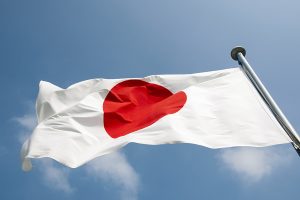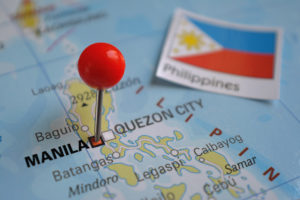UN report highlights rise in casino-linked crime in Southeast Asia

A UN report highlights concerns over the role of Southeast Asian special economic zones.
US.- A report by the UN Office on Drugs and Crime (UNODC) highlights concerns over the role of Southeast Asian special economic zones (SEZs) and casinos in facilitating organised criminal activities, specifically the trafficking of illicit goods and money laundering.
Entitled “Casinos, Cyber Fraud, and Trafficking in Persons for forced criminality in Southeast Asia,” the document particularly highlights the Mekong countries. These challenges, it notes, are a result of both broader geopolitical dynamics and the socio-political environment in the region. The report raises concerns regarding the involvement of Philippine offshore gaming operators (POGOs) in crime, including human trafficking.
Jeremy Douglas, the UNODC regional representative for Southeast Asia and the Pacific, noted the increasing convergence of organised crime groups in the region. He noted that operations against these syndicates, such as those in the Philippines, have led to their partial displacement, resulting in a migration of criminal infrastructure to remote border areas of the Mekong.
The Association of Southeast Asian Nations (ASEAN), in partnership with China, has unveiled a plan of action to combat regional criminal activity associated with gambling. Entitled the “Regional Cooperation Roadmap to Address Transnational Organized Crime and Trafficking in Persons Associated with Casinos and Scam Operations in Southeast Asia,” the initiative was revealed in Bangkok, Thailand.
The UNODC’s latest findings estimate that by the close of 2021, Southeast Asia had more than 340 licenced and non-licensed casinos. The report notes that regulatory and enforcement mechanisms in place for casinos and SEZs in countries like Cambodia, Myanmar, the Philippines and Vietnam do not possess the robustness required to effectively address risks associated with money laundering.
It also highlights instances where casinos, notably those in the Myawaddy area of Myanmar bordering Thailand, seem to operate without official licences, overseen by non-state armed groups controlling key border territories.








